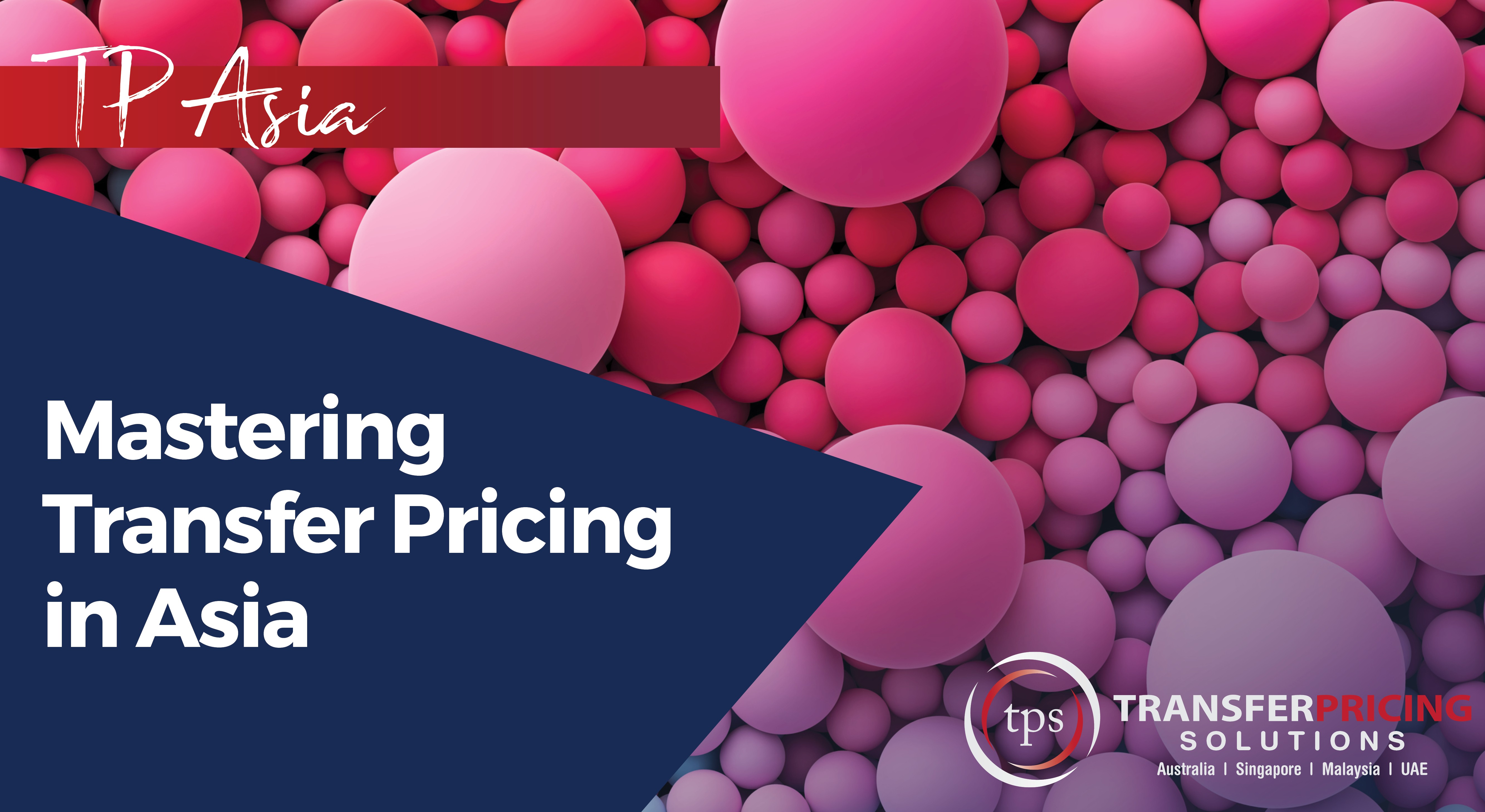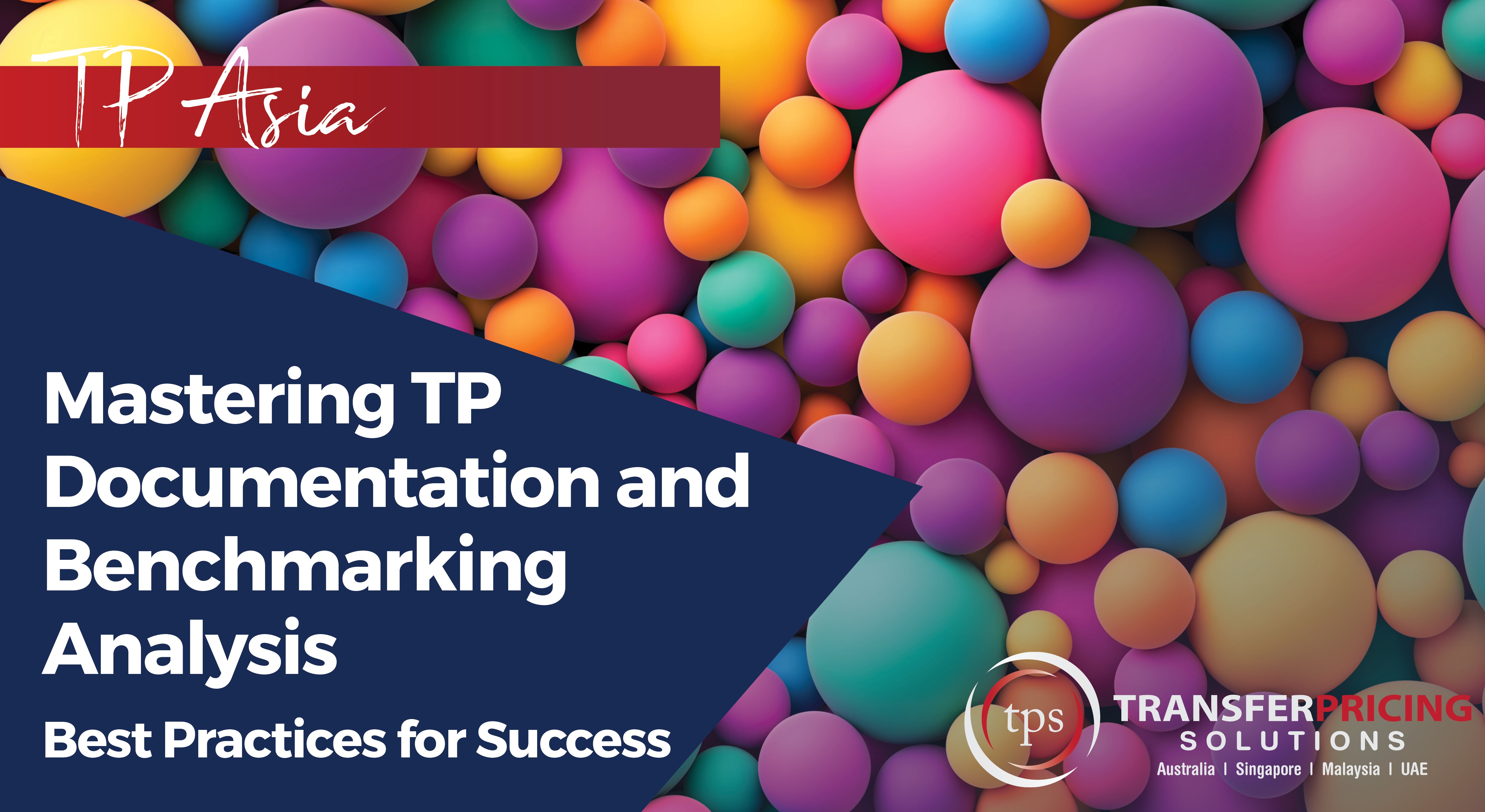Key Transfer Pricing Considerations for Singapore Companies Engaging in the Johor Special
Economic Zone (JS-SEZ) Deal.
Overview of the JS-SEZ Deal
The Johor-Special Economic Zone (JS-SEZ) is a strategic initiative between Singapore and Malaysia aimed at fostering cross-border economic
growth. The deal enhances business opportunities by offering tax incentives, streamlined customs procedures, and improved infrastructure
for companies operating within the SEZ. The tax incentives include special tax rate of 5% for up to 15 years for corporates and 15% tax
rate for eligible workers for 10 years.
By leveraging the JS-SEZ, businesses can benefit from lower operating costs, enhanced supply chain efficiencies, and greater access to
regional markets. However, the arrangement also introduces complexities in transfer pricing (TP) compliance, requiring companies to ensure
that intercompany transactions align with regulatory expectations.
As Singapore and Malaysia deepen economic ties through the Johor-Special Economic Zone (JS-SEZ), companies engaged in cross-border
operations must carefully navigate transfer pricing (TP) complexities. Ensuring compliance with both Singapore and Malaysia’s tax
regulations is crucial to avoiding disputes and maintaining operational efficiency. Below, we outline the key TP considerations Singapore
businesses should bear in mind when structuring transactions within the JS-SEZ framework.
Navigating transfer pricing for Singaporean companies operating in the JS-SEZ requires careful planning, compliance, and documentation.
Partnering with experienced TP consultants can help businesses optimize their tax positions while ensuring regulatory compliance in both
jurisdictions.



